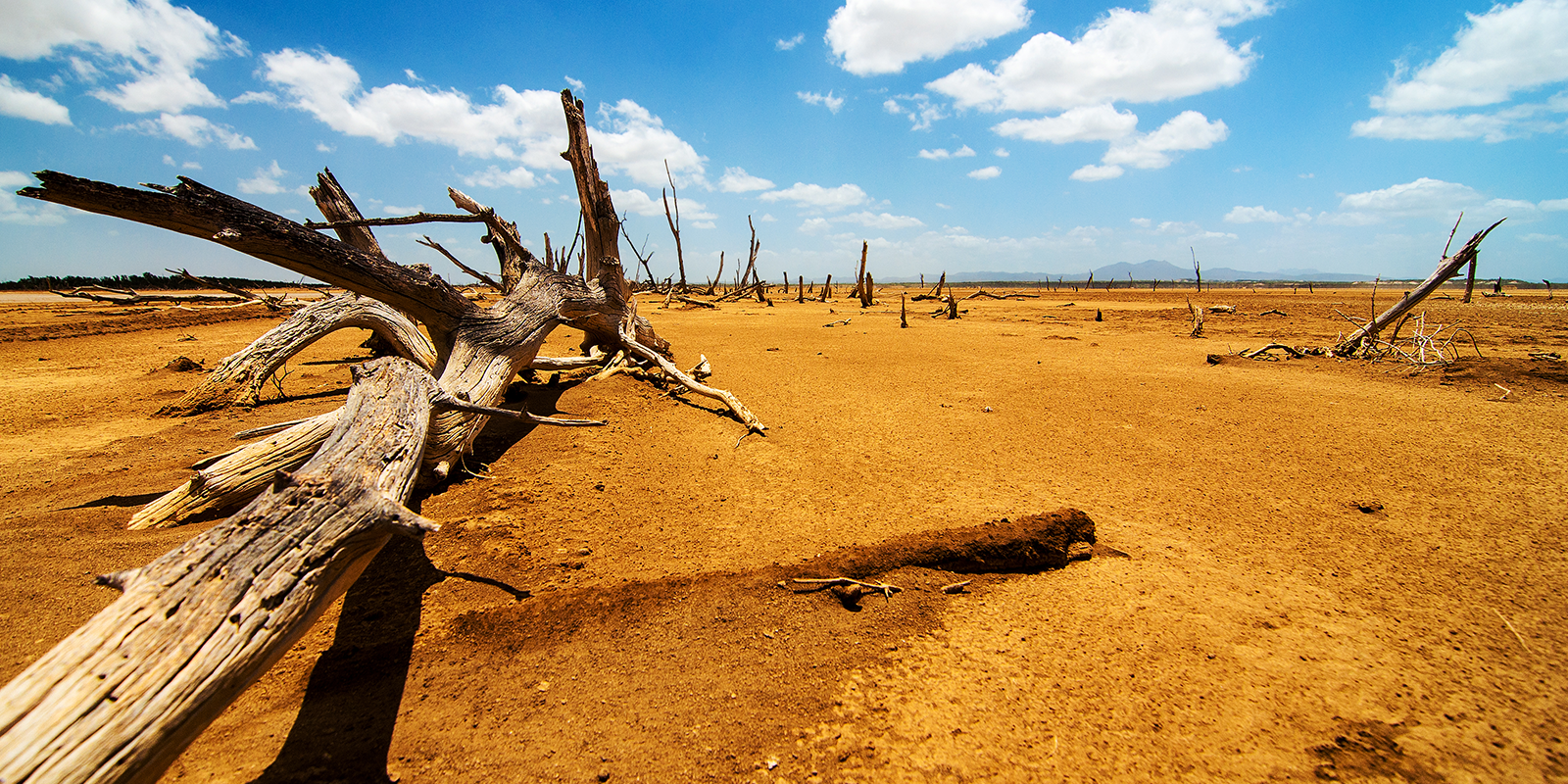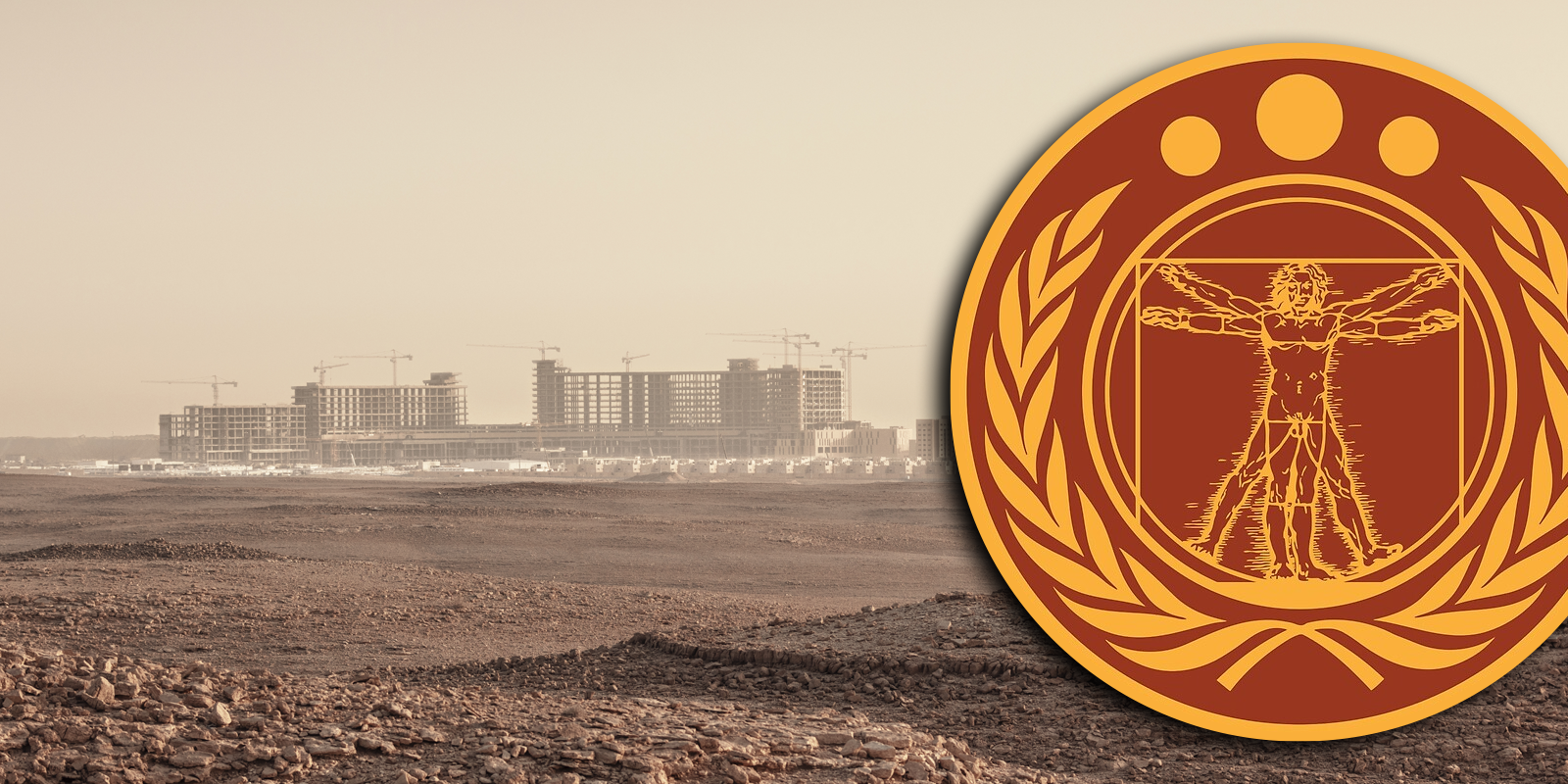The Chaos of the 21st Century
Almost as quickly as it began, the 21st century spiraled into one of the most chaotic periods of human history. Though the Cold War had ended, the new millennium gave birth to unique varieties of fears and conflicts.
The “War on Terror,” coupled with intense nationalist movements, a resurgence of fascism, general political unrest, and the mounting threat of climate instability tested national and regional governments like never before. While intense humanitarian crises erupted in places like Syria, Myanmar, Yemen and Venezuela, most national governments were forced to turn their attention elsewhere.
“The violence that exists in the human heart is also manifest in the symptoms of illness that we see in the Earth, the water, the air and in living things…”
POPE FRANCIS – Catholic Pope
THE CLIMATE CRISIS
While most countries assumed another conflict was imminent – prompting widespread militarization – such a war failed to materialize. Instead, governments found themselves battling rising ocean levels, ever-expanding wildfires and virulent diseases. Some areas cracked with drought while others washed away with relentless floods. Dozens of countries saw untold numbers of “climate refugees” pack up and leave, while other regions became their involuntary destinations. Trillions of dollars’ worth of military equipment quickly found itself being repurposed to fight against the forces of nature itself.

DECLINE OF THE UNITED STATES
The United States – which acted as the sole international superpower in the few decades following the collapse of the Soviet Union – was not immune to these struggles.
As situations and world events changed, the US struggled to adapt. By the late 2020’s, American politics had radicalized to incite the Partisan War which – though short-lived – nearly split the country apart and left several major cities in ashes. The once-robust American economy collapsed entirely by the 2030’s, pre-empted by decades of intense corporate recklessness, the northward swing of the American breadbasket and the loss of significant miles of coastline and coastal cities.
With the weakening of the United States came a major shift in the global order. As countries struggled against the elements, many turned inward, causing the eventual dissolution of the United Nations by 2031. States like India, China and Russia suddenly began to assert themselves as powerful, independent leaders free of US and UN influence, seizing on long-withheld opportunities — often to the detriment of neighboring powers.

NEW OPPORTUNITIES
As political instability appeared to crescendo, other areas began to lean into a renewed sense of regionalized interdependence. After the United Kingdom rejoined the European Union in 2036, the entire EU was rebranded as the Western European Alliance, which promised a far more vibrant and interconnected future for the European continent. Within a decade, similar confederations developed with the formal political unifications of the African Union, the Association of Southeast Asian Nations (ASEAN), the Arab League, and the Union of South American Nations (USAN).
In 2033, the first successful colony on Mars was founded by The Martian Collective, an international conglomeration of scientists and wealthy entrepreneurs. For the next decade, The Collective began an ambitious process of settling thousands of ambitious and thoroughly-vetted colonists onto the Red Planet.
With the goal of redefining humanity through science and innovation, the Collective drew together the top minds in everything from bioscience to engineering. By the start of the 2040’s, many international leaders began to lament a global “brain drain” while offernig lavish incentives to keep the intellectual elite firmly on Earth. By 2050, the population on Mars had reached over 12,000 throughout six major settlements. Hoping to counter and profit from Martian successes, the first lunar supply depot – Chandra Station – was established by a joint Euro-Indian effort in 2041.
“Ingenuity. Sustainability. Humanity.”
OFFICIAL MOTTO – The Martian Collective




